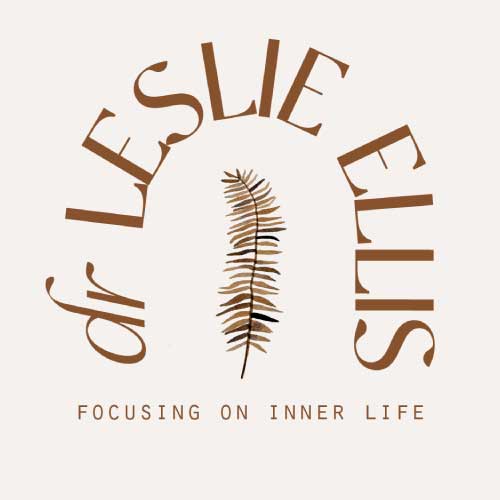Welcome to Demystifying Dreams! I will begin by stating that to resolve most questions about dreams is an impossible task. Although we understand more now than ever before, some key aspects of
 dreams remain a subject of considerable debate. For example, there is no consensus on the purpose of dreaming, or even if they have a purpose, and a wide-ranging set of ideas about their source and what they might mean. Their ongoing mystery is part of what makes them so alluring.
dreams remain a subject of considerable debate. For example, there is no consensus on the purpose of dreaming, or even if they have a purpose, and a wide-ranging set of ideas about their source and what they might mean. Their ongoing mystery is part of what makes them so alluring.
What I can do is provide clear and concise information about what we do know about dreams with an aim to helping those who work with dreams professionally proceed with greater skill and confidence. This blog will also appeal to those who want to know more about dreams in general: how to remember them and what to make of them.
I started this blog because I have just written a book on the topic of how to understand and work with dreams. The book is primarily for therapists who want some clear and simple tools to help their clients constructively explore their dreams. However, since I aim to keep the writing concise and accessible, it will also be of interest to anyone with curiosity about dreams. I welcome and will address your questions and comments.
A sampling of future topics
How to recall your dreams. Often the first thing people say when I tell them I’m working on a book about dreams is that they don’t dream, or don’t remember their dreams. The fact is, everybody dreams about two hours every night. When deprived of dreaming, we will spend a greater amount of our sleep time dreaming until we make up for the lost dream time. Our bodies treats dreaming as essential. So it isn’t that you don’t dream, but rather, don’t recall your dreams. There are physiological reasons for this and ways to improve dream recall – I will explain these in an upcoming instalment.
Why we dream. This is a question that has no hard and fast answer, and likely there is more than one answer. There are a few plausible theories that have been increasingly supported by research. A popular notion is that dreams help consolidate memory, sifting through the elements of our daily experience, making associative links to the past and enabling us to retain what is important. Another well-supported idea is that dreams help regulate emotion, which could explain why most of us feel better in the morning than when we went to bed.
Why work with dreams? The main reason is that dreams can facilitate more efficient therapy by bringing the conversation right to the heart of matters that concern our clients most deeply. They open up challenging topics that clients find hard to bring up otherwise. They are unfiltered honest pictures of our client’s inner worlds, and once we understand a few simple things about the metaphorical language of dreaming, we can easily help our clients tap into this valuable resource that too often gets ignored. (For a fuller treatment of this topic, see the next blog entry.)
Join me on substack for an ongoing journey into the world of dreaming!
www.https://dreamsdemystified.substack.com/
Subscribe to get full access to my complete book chapters, publication archives, and to come: recordings, lectures, papers and more.

